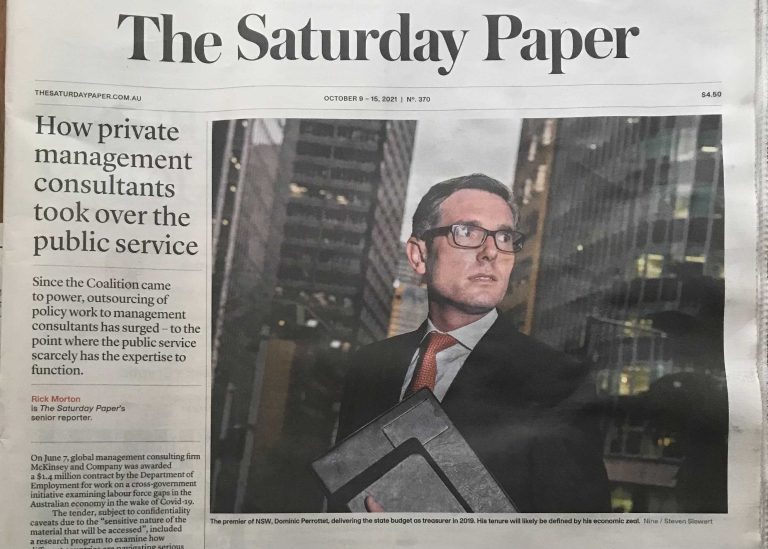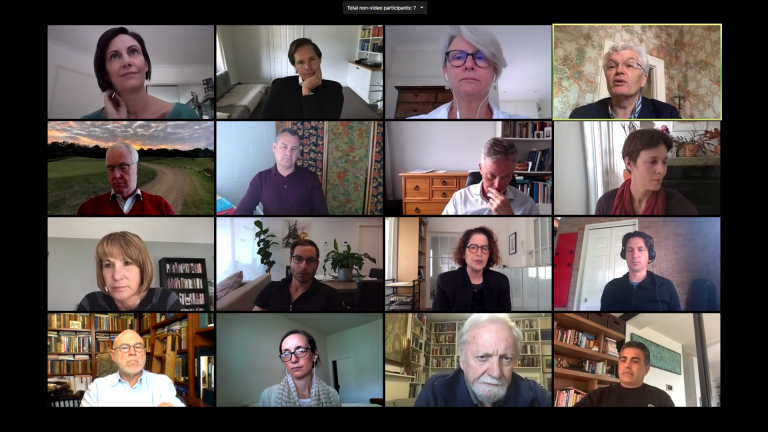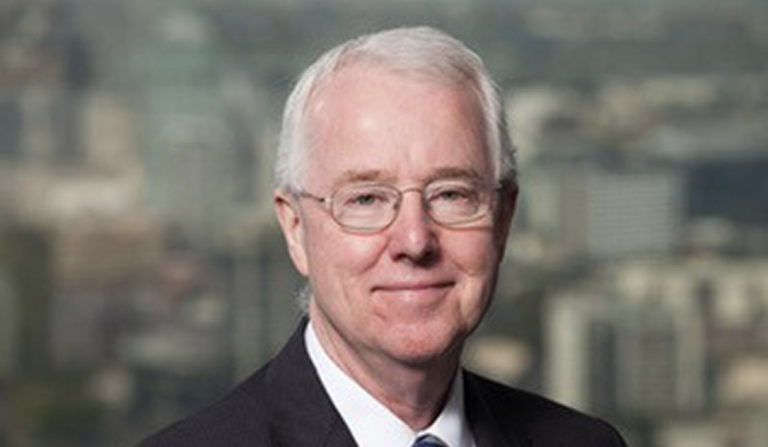Phew. This year’s seemingly endless campaign makes you understand the argument for fixed four-year terms – if only so that the politics junkies among us can get some
sleep!
Now that the election is finally over, we thought we’d take a little time out to look at what happens to democracy when the corflutes fade and the campaign stickers start peeling off car windscreens.
In his 1996 election pitch, John Howard condemned the Keating government’s “shameful and disgraceful” use of taxpayers’ money to promote itself. He pledged to ask the auditor-general to draw up new guidelines for the appropriate use of government advertising. It didn’t happen. The Coalition government went on to spend $2 billion on advertising, most of it in the run-up to elections.
Shortly after being elected the Coalition released a Ministerial Code of Conduct. It was watered down twice, breached many times and finally abandoned. Mr Howard also promised to reform Freedom of Information laws. Nada.
Australia was once regarded as a world leader in democratic innovation, the ‘social laboratory’ of the world. We led the march for women’s suffrage in the late 19th century, developed new forms of public institutions at arm’s length from Executive Government, and gave the world the “Australian ballot“.
We now need to strengthen and evolve democracy so that it can fulfill its original purpose: giving us the power to shape the decisions that affect our lives. Unfortunately, with a few honourable exceptions, successive state and federal governments have allowed a series of
self-serving decisions to fundamentally erode their relationship with the people who elect them. Some of the articles in this edition of InSight describe the symptoms: misuse of government advertising budgets, resistance to Freedom of Information requests, sources of political donations hidden, and government funding used to silence NGOs.
Marcus Westbury, writing of the recent election, argues that the most important issues were not about ideology but accountability:
Phrases like “arrogant”, “hubris” and “out of touch” are symptomatic not merely of a government that has been around too long but of one that has isolated itself from internal critics and external scrutiny.
In the lead-up to the election, the then Opposition Leader Kevin Rudd spoke of the lack of transparency in government as a cancer “eating away at democracy”. But what do we have to do to make this cancer go into remission? And how can we ensure that it doesn’t return?
Despite promising ‘open government’, there is still a risk that a Labor government will end up slipping into the comfortable shoes that Mr Howard and his predecessors have left behind.
This would be a mistake. After the experience of the last eleven years – and particularly the most recent term when the Coalition had control of the Senate, Australian citizens are fearful and suspicious of concentrated political power.
For those interested in Labor’s plans in this area, we’ve prepared a handy guide listing the main problems and Labor’s current position here.
Democracy is not a partisan issue. There is now an opportunity for people across the
political spectrum to unite to make our political system worthy of our trust and confidence.
This edition of InSight is packed with ideas on how to do just that: Lee Rhiannon and Norman Thompson on campaign finance reform, Janette Hartz-Karp on new models of deliberative democracy, Bob Burton on the role of citizen journalists, and Brett Solomon on the power of online campaigning.
‘Reclaiming Democracy’ has come about thanks to InSight editor Kate Mason, a talented new CPD intern. Thanks also to cartoonist Fiona Katauskas and to the authors who generously donate their work to the CPD – we couldn’t do this without you.
Last week marked the Centre for Policy Development’s 6-month birthday. Please support us as we gear up for another exciting year of research, events, and forceful participation in public debate by donating online here.
You’ll hear from us again soon!
Thank you,
Miriam Lyons
Director,
Centre for Policy Development



